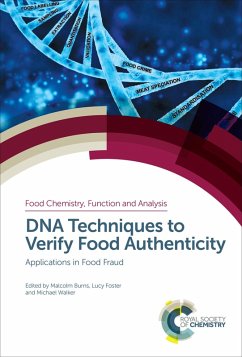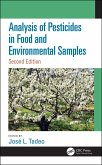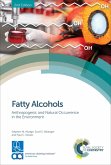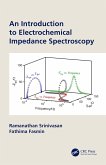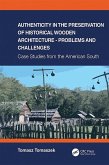The food supply chain needs to reassure consumers and businesses about the safety and standards of food. Global estimates of the cost of food fraud to economies run into billions of dollars hence a huge surge in interest in food authenticity and means of detecting and preventing food fraud and food crime. Approaches targeting DNA markers have assumed a pre-eminence.
This book is the most comprehensive and timely collection of material from those working at the forefront of DNA techniques applied to food authenticity. Addressing the new field of analytical molecular biology as it combines the quality assurance rigour of analytical chemistry with DNA techniques, it introduces the science behind DNA as a target analyte, its extraction, amplification, detection and quantitation as applied to the detection of food fraud and food crime. Making the link with traditional forensic DNA profiling and describing emerging and cutting-edge techniques such as next generation sequencing, this book presents real-world case studies from a wide perspective including from analytical service providers, industry, enforcement agencies and academics. It will appeal to food testing laboratories worldwide, who are just starting to use these techniques and students of molecular biology, food science and food integrity. Food policy professionals and regulatory organisations who will be using these techniques to back up legislation and regulation will find the text invaluable. Those in the food industry in regulatory and technical roles will want to have this book on their desks.
This book is the most comprehensive and timely collection of material from those working at the forefront of DNA techniques applied to food authenticity. Addressing the new field of analytical molecular biology as it combines the quality assurance rigour of analytical chemistry with DNA techniques, it introduces the science behind DNA as a target analyte, its extraction, amplification, detection and quantitation as applied to the detection of food fraud and food crime. Making the link with traditional forensic DNA profiling and describing emerging and cutting-edge techniques such as next generation sequencing, this book presents real-world case studies from a wide perspective including from analytical service providers, industry, enforcement agencies and academics. It will appeal to food testing laboratories worldwide, who are just starting to use these techniques and students of molecular biology, food science and food integrity. Food policy professionals and regulatory organisations who will be using these techniques to back up legislation and regulation will find the text invaluable. Those in the food industry in regulatory and technical roles will want to have this book on their desks.
Dieser Download kann aus rechtlichen Gründen nur mit Rechnungsadresse in A, D ausgeliefert werden.

